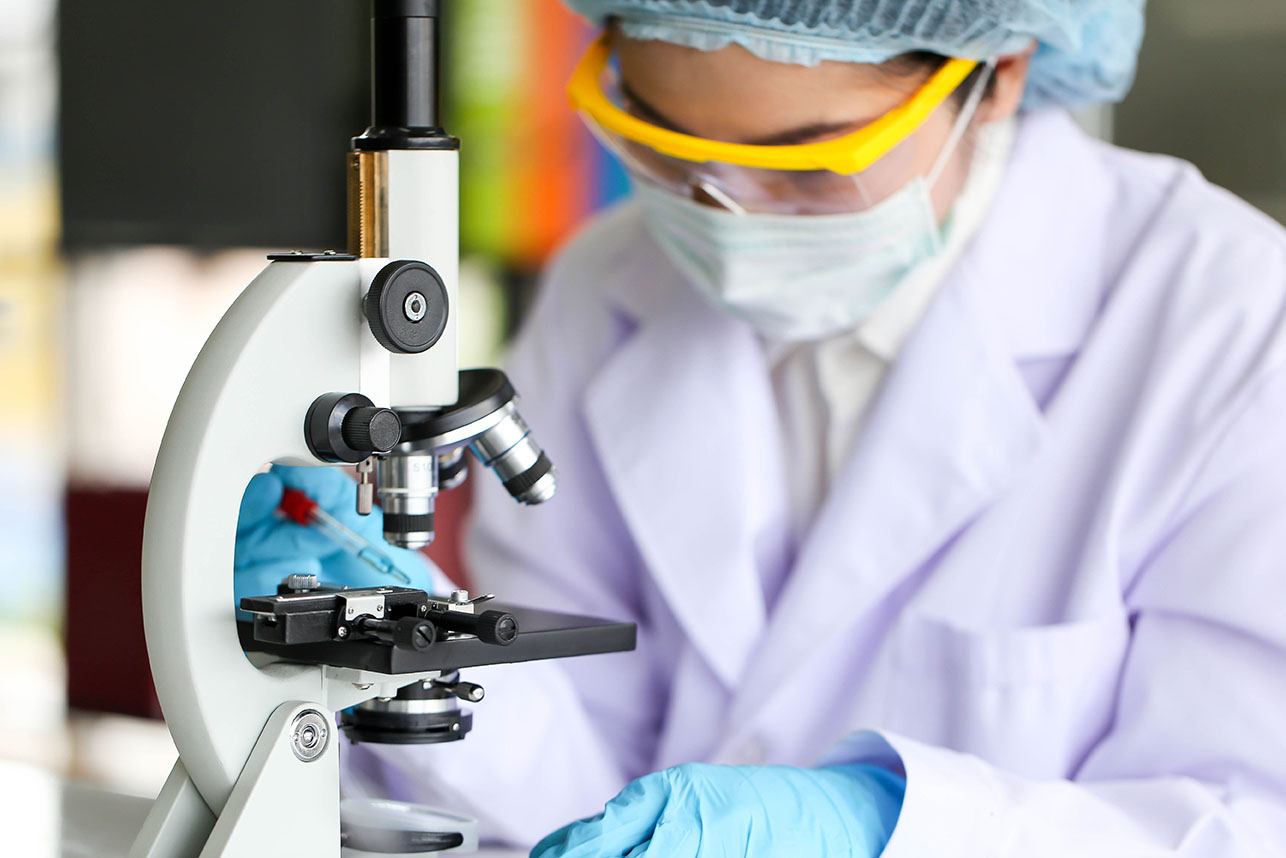

Biochemistry is the study of the chemical processes that occur in living organisms. It is a broad field that encompasses the study of molecules, such as proteins, DNA, and carbohydrates, and how they interact with each other to keep living things alive.
Biochemistry is essential for understanding how living things work. It is also important for the development of new drugs and treatments for diseases.
Some of the major topics that are studied in biochemistry include:
Proteins
Metabolism: Metabolism is the process by which living things break down food and use the energy to stay alive. Biochemistry studies the different pathways that are involved in metabolism, and how they are regulated.
Biochemistry is a rapidly growing field, and there are many exciting new discoveries being made all the time. It is a fascinating and rewarding field of study, and it is essential for understanding the world around us.
The field of biochemistry is concerned with the chemical processes that occur in living organisms.

Noun: biochemistry.
Adjective: biochemical.
Adverb: biochemically.
Verb: to biochemicalise.
The word "biochemistry" comes from the Greek words bios, meaning "life", and chemeia, meaning "chemistry". The word "biochemistry" first appeared in English in the late 19th century, and it refers to the study of the chemical processes that occur in living organisms.
What is biochemistry the study of?
Question:
What is the role of enzymes in biochemistry?
Answer:
Enzymes are proteins that speed up chemical reactions in living things. They are essential for life, as they allow living things to carry out the chemical reactions that they need to survive.
Enzymes work by binding to specific molecules, called substrates, and then catalyzing the reaction between those molecules. The enzyme-substrate complex is then released, and the enzyme is free to bind to another substrate and catalyze another reaction.
The rate of a chemical reaction is affected by a number of factors, including the temperature, the concentration of the reactants, and the presence of enzymes. Enzymes can increase the rate of a reaction by up to a million times.
Enzymes are essential for many different biological processes, including digestion, metabolism, and cell signaling. They are also important for the development of new drugs and treatments for diseases.
Address
Developing Experts Limited
Exchange Street Buildings
35-37 Exchange Street
Norwich
NR2 1DP
UK
Phone
01603 273515
Email
hello@developingexperts.com
Copyright 2025 Developing Experts, All rights reserved.